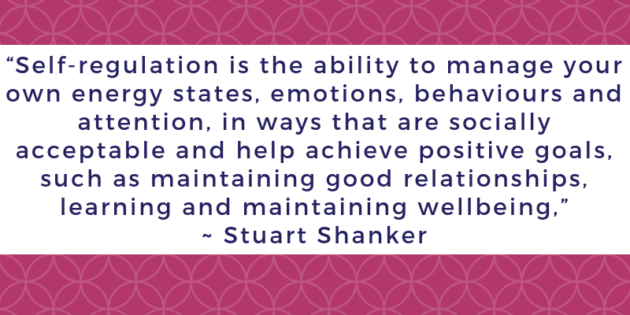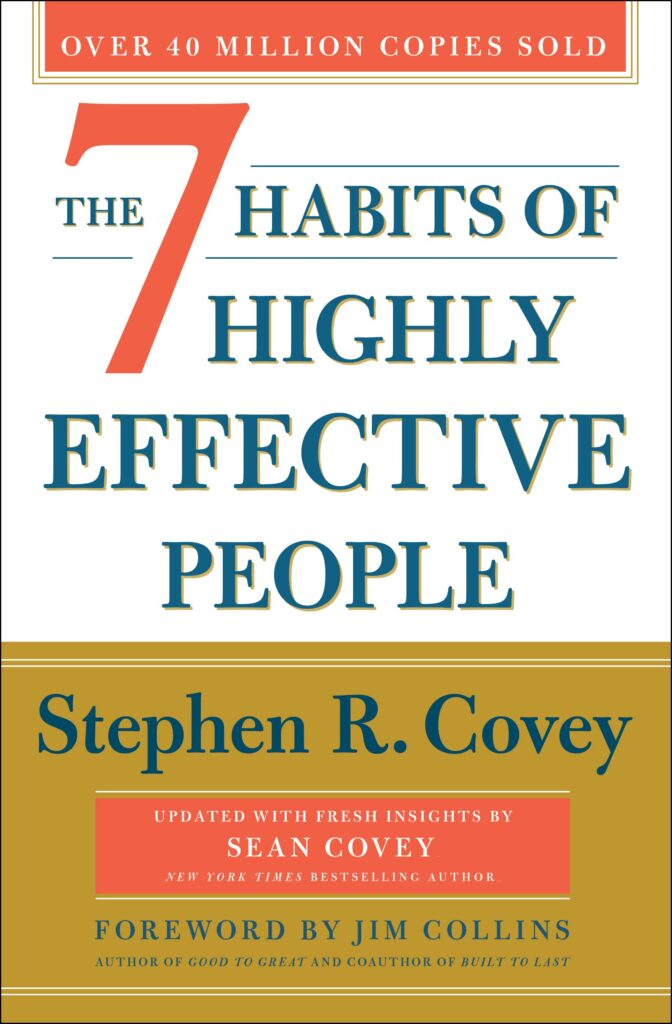Our previous article included an introduction and overview of Emotional Intelligence (EI). Today we will explore in-depth one of the five parts of EI: Self-Regulation.
EI Recap
A logical assumption is that people with higher IQs will be more successful at work and in life. But there is much more to success than simply being clever. You can find many different tests to help you measure your IQ, EI and personality online and in books. There is an EI Quiz on my website along with information on other EI resources.
Some people have high IQs and low EI and vice versa. On the other hand, some people score highly on both and some do not. Sometimes, to emphasize the duality of IQ and EI people refer to EI as EQ.
“IQ and emotional intelligence attempt to measure different forms of human intelligence; along with personality, these measures make up an individual’s psyche.”
We see that knowing about EI is important to being happy and successful. But what IS it? And what can you do to improve it?
We can develop our emotional intelligence by learning and practicing new skills, skills like self-regulation.
Self-Regulation
Are you in charge of your behavior? Can you control your impulses and your temper? Do think before you speak/react? Do you have and use the ability to express yourself appropriately? (Notice I didn’t say you should hide your feelings.) Self-regulation means waiting for the right time and the right place to express your feelings. Self-regulation is all about expressing your emotions appropriately.

What does that look like? If your self-regulation EI is high, you tend to be flexible and easily adapt to change, you manage conflict and you diffuse rather than exacerbate tense situations. Therefore, you are conscientious and take responsibility for your actions.

As you can see, understanding yourself and employing self-regulation empowers you to take control of your emotions. Stephen Covey, author of The Seven Habits of Highly Effective People says that you and I have response-ability–the ability to choose our response to any situation. So, what if you aren’t good at self-regulating? How do you improve that response-ability?
As you can see, understanding yourself and employing self-regulation empowers you to take control of your emotions. Stephen Covey, author of The Seven Habits of Highly Effective People says that you and I have response-ability–the ability to choose our response to any situation. So, what if you aren’t good at self-regulating? How do you improve that response-ability?
Self-Regulation Tips
How you can improve your self-regulation:
- Be mindful of your thoughts and feelings. Keep a journal to track emotional triggers if you need to.
- Find ways to manage difficult emotions. Feel them, figure them out and release them.
- Look at challenges as opportunities for learning and achievement.
- Practice your communication skills. Ask for feedback. Join Toastmasters. Listen, listen, listen. Understand body language. Finally, think before you speak. (That pause gives you a chance to filter and stay on topic.)
- Recognize that you have a choice in how you respond. You can’t control the behavior of others. But, you can control your reaction to them.
- Change thought patterns and emotional responses by shifting your mindset so you’re able to look at things from a slightly different viewpoint.
- Work on accepting your emotions. Practice allowing your feelings to be what they are without judging them or trying to change them.
Self-regulation can play an important role in relationships, well-being, and overall success in life. People who can manage their emotions and control their behavior are better able to manage stress, deal with conflict, and achieve their goals. In addition, you set an excellent example for children and co-workers as well as building stronger, better personal relationships.
* Please leave a comment below. You may comment anonymously or you may use your first name. We may post or quote your comment on the website. We will never post or share your last name, email address or any other personal identifying information.
